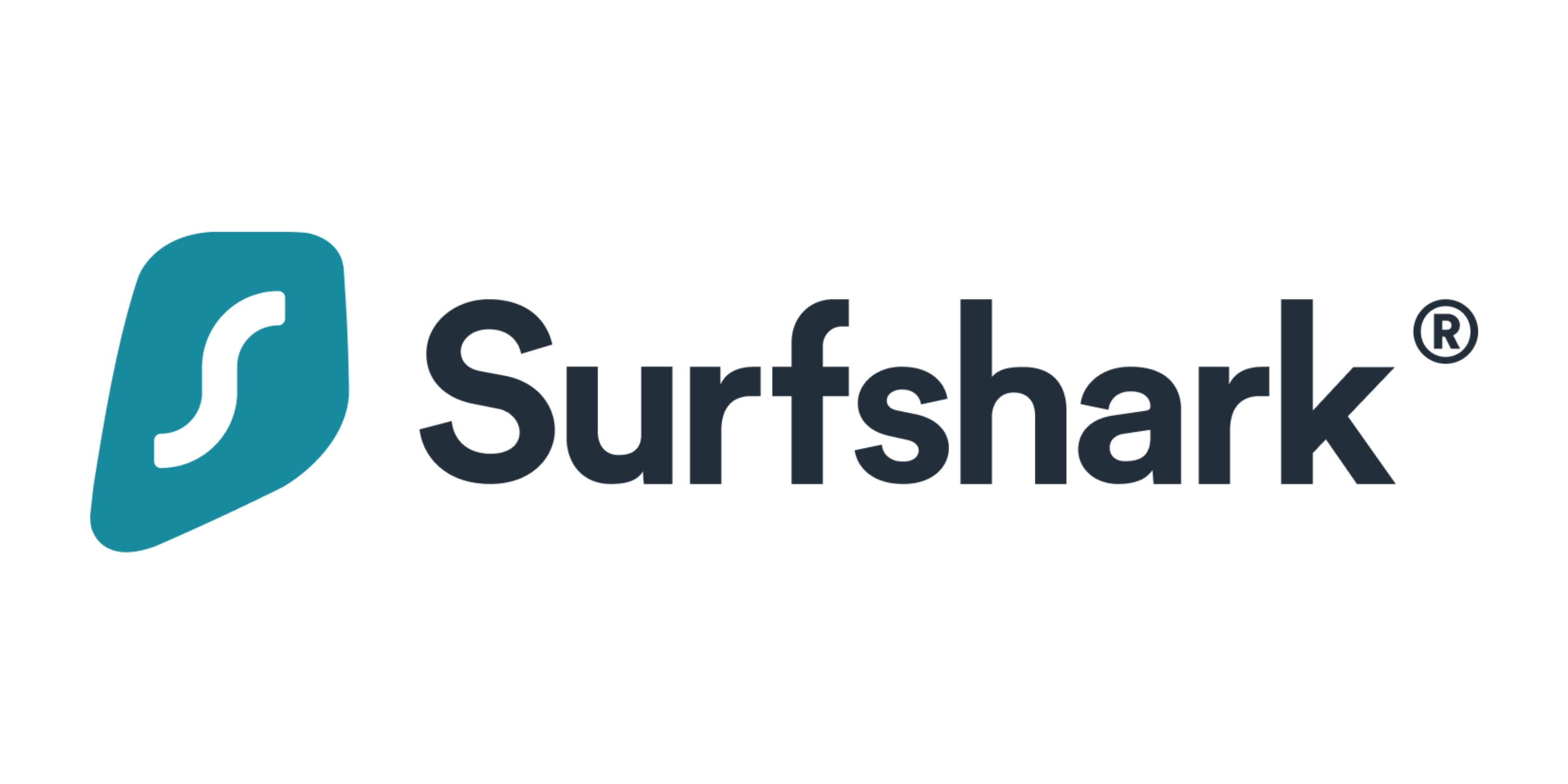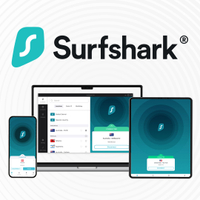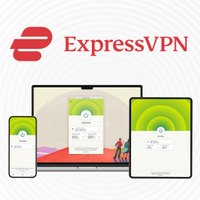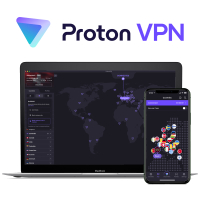Want to hit restart on your online presence? Here's 5 tools you need to stay truly private online
Want to boost your online privacy? You need these tools
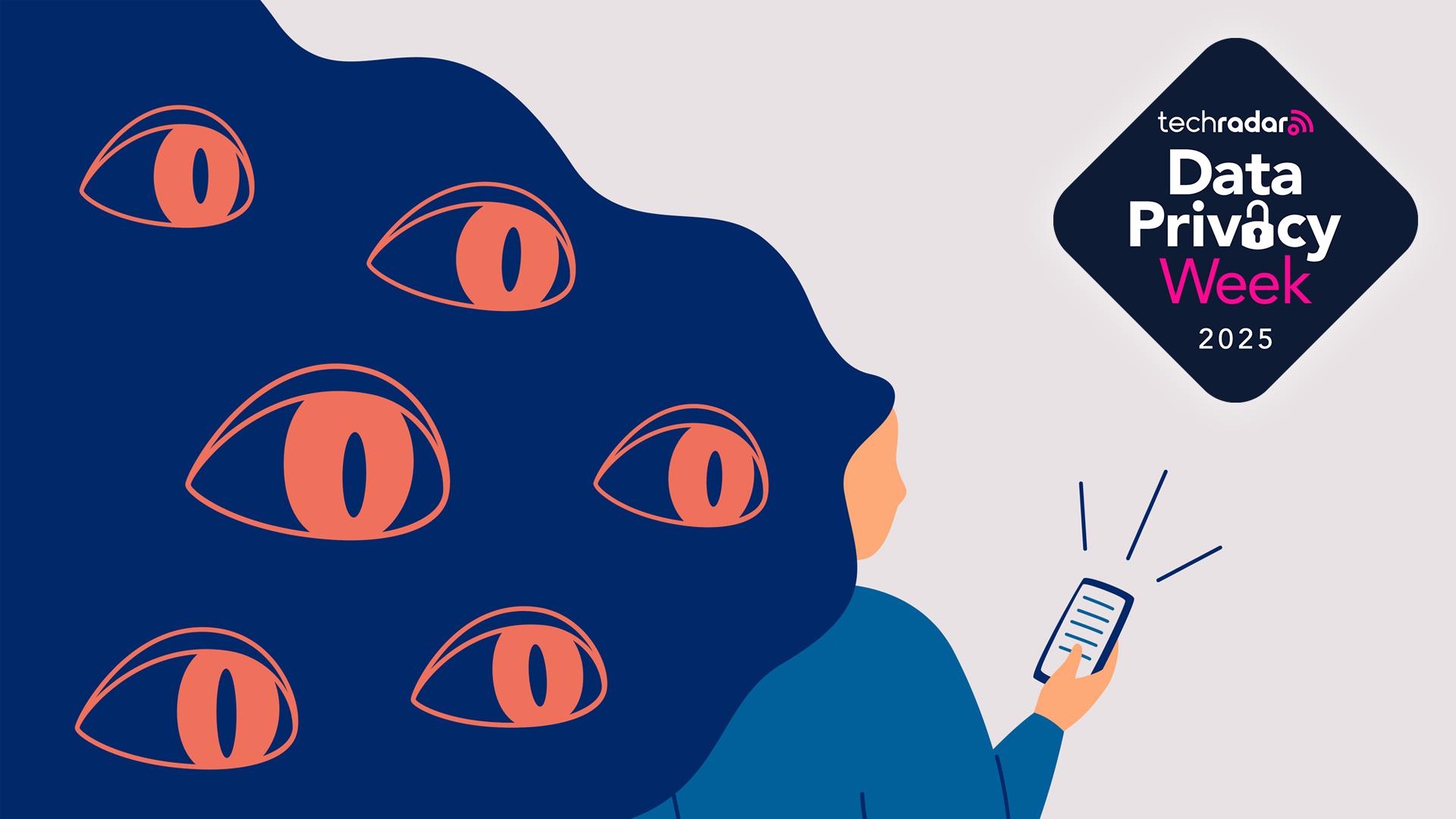

If you didn’t know already, now you do – it’s Data Privacy Week (January 27th to 31st)! The brainchild of the National Cybersecurity Alliance, it aims to arm you with everything you need to spot and avoid the biggest risks to your data privacy and “Take control of your data”.
Life online constantly reminds us of how important it is to safeguard our personal information in a world that’s becoming increasingly unfriendly to the idea of a “private life.” Now is a great time to spotlight some of the emerging threats to our data.
With that in mind, it’s time to look at some of the steps you can take to protect yourself. Taking time out of your day to build a simple toolkit will ensure you're safeguarded against most known privacy threats for a long time.
The best part? You don’t need to be a tech expert or a cybersecurity enthusiast to take control of your data. With user-friendly tools now widely available, improving your digital privacy is easier than ever. To this end, I’ve outlined the top five tools you should be using if you’re looking to shield your browsing habits, secure your communications, or block intrusive ads.
1. VPN
By default, all of your internet traffic is unencrypted. This means anyone on the same network as you can read everything you’re doing on the internet. Some sites, like banks, create an encrypted tunnel that secures your data as it passes through, so it can’t be read by a third party. Wouldn’t it be nice if you could do this for all your internet traffic?
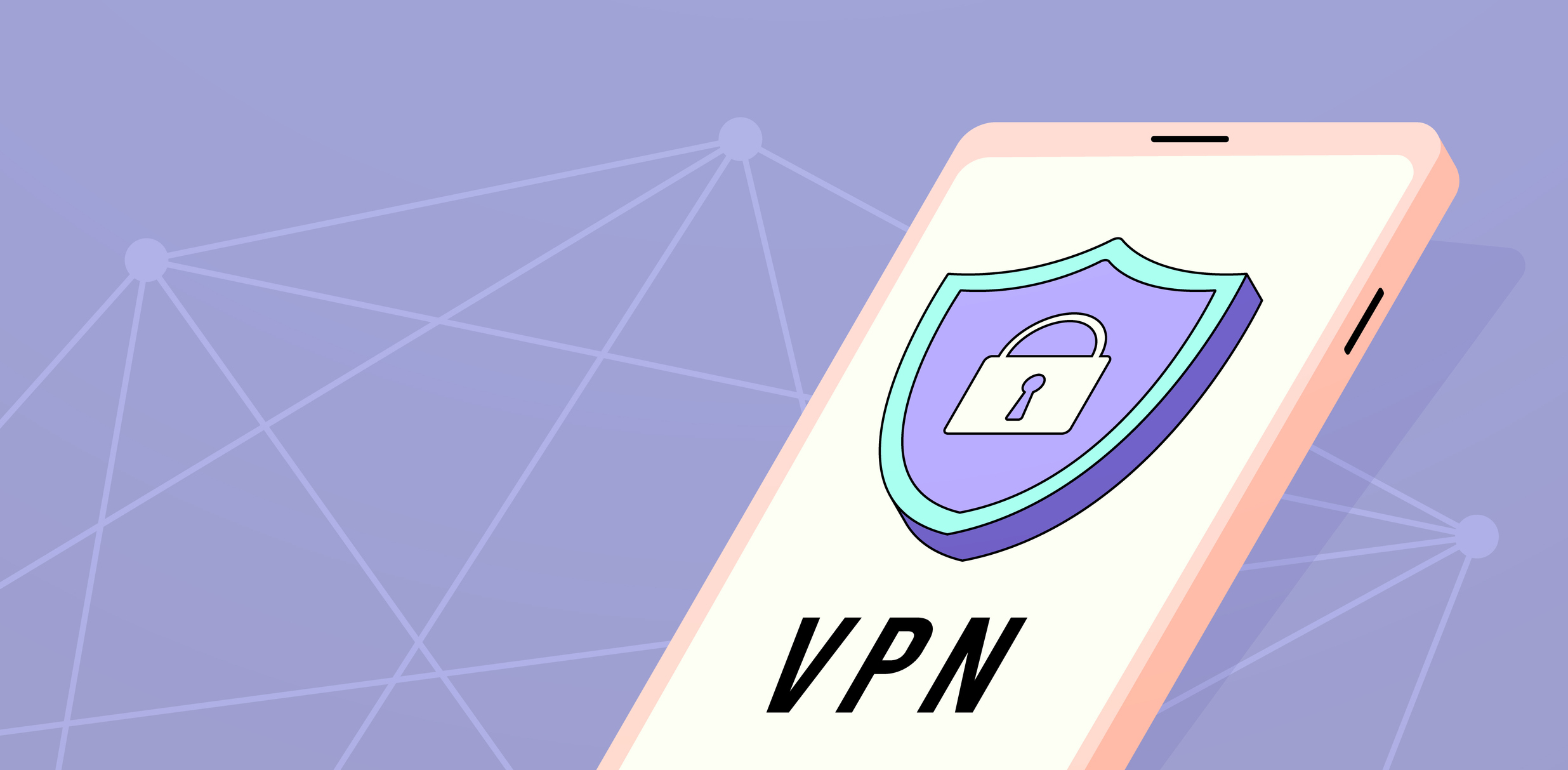
Wondering which VPNs we recommend (and why)? Head on over to our detailed, regularly updated guide to today's best VPNs.
Well, that’s where a VPN (Virtual Private Network) comes in. When you connect to a VPN, all of your traffic is directed through an encrypted tunnel to a VPN server. This traffic is then forwarded to its intended destination (like a site, service, or app).
Every other device sees your VPN IP address instead of your home IP address, so their responses are sent back to the VPN server which knows to return your traffic to you.
Between secure encryption and masking your IP address, you’ve made it much harder for hackers and your ISP to monitor your activities on the internet. A VPN isn’t a foolproof privacy solution, but it’s a key part of any privacy setup.
Oh, and with a reliable streaming VPN, you'll get the added benefit of being able to change your location on the fly, which is incredibly useful for getting around geo-blocks to access local sites and streaming platforms.
However, you’ll need to make sure you pick a VPN provider that respects your privacy. After all, you’re trusting them with your internet traffic. That’s why I’d recommend you check out our list of the best secure VPNs on the market, as they’ve all been independently audited by third parties to ensure that they have effective no-logs policies.
Surfshark – from $2.19 per month
The best budget VPN
Surfshark proves that you don't have to spend a fortune on a VPN that really, truly, cares about your digital privacy. It's nice and easy to use, packs rock solid encryption and modern VPN protocols, as well as a ton of add-ons that'll keep snoopers at bay. See for yourself with a 30-day money-back guarantee.
2. Antivirus
With so many advanced cyber threats in the news, it’s easy to forget about the basics. However, the reality is that most people aren’t getting hacked because they’re the victim of some mindblowing zero-day attack – it’s because they’ve unwittingly downloaded and installed malware.
What is changing is how that malware is getting to your computer. Thanks to generative AI, it’s now far easier for hackers to launch social engineering campaigns and impersonate your contacts to send you booby-trapped files.
Thanks to generative AI, it’s now easier for hackers to launch social engineering campaigns
All it takes is one slip-up for hackers to gain access and ransack your machine, so it’s best practice to keep an antivirus running on your computer.
The very best antivirus programs constantly check in with their manufacturer’s database, which is updated to contain the latest detection details on new and emerging malware. Even innocent-looking files can hide malware if they’re being run by insecure software, so it’s incredibly important to use a solution that stays up-to-date on the latest attacks.
Without one, you have no idea whether you’re being spied on by a hacker who’s covertly installed spyware on your computer. That means that you could have your passwords stolen via a keylogger, or your desktop recorded 24/7, without knowing it’s happening until you’ve ended up as the victim of fraud or worse.
Bitdefender – from $39.99 per year
Today's best antivirus software
Bitdefender effortlessly sniffs out new and unknown malware – in fact, you won't even realize you were in danger. Bitdefender also makes short work of trackers and will steer you away from dodgy sites. It's the total package, and you can try it risk-free with a 30-day money-back guarantee.
3. Password manager
Keeping the same passwords across multiple websites is a one-way ticket to data theft. Eventually, one of the sites you use is going to be compromised and their password database will be leaked.
Once that happens, the credentials from that site are reused across popular sites until the hackers get a hit. If you’re using unique passwords per site, that type of attack is completely shut down.

Don't take a chance with your login credentials – check out today's best password managers that'll create and remember them for you.
Of course, remembering a unique password for every single site you visit is out of the question. Writing them down isn’t a particularly secure answer either, and it’s annoying to manage on top of that. This is where password managers come into play. They’re able to generate and store unique passwords that autofill when you log in, taking out the hassle of typing in an appropriately random password.
They’re pretty versatile, too. You can set up a password manager to follow any password policy with ease, so no more worrying about where to add another special character to your password.
These solutions also allow you to securely share your password vault between devices over the internet, too, so if you enroll a new device into all of your existing accounts you won’t be sitting around all day typing in your passwords.
ExpressVPN – from $4.99 per month
The best secure VPN (and security) solution
ExpressVPN has its very own password manager – ExpressVPN Keys. It'll do the hard work for you, including generating, remembering, and protecting strong passwords, and will sync them across all your devices and browsers, too. ExpressVPN Keys is included in your ExpressVPN subscription – so try it today with a 30-day money-back guarantee.
4. Secure email
Nowhere is the old adage that “if you’re not paying for it, you’re the product” more evident than when we’re talking about free email services.
They’re a goldmine of personal information, one that email providers greedily chip away at for your data to create detailed user profiles on you that power the targeted ads you see across the internet. If you want to take back your privacy, ditching free email services is a good first step.
If you want to take back your privacy, ditching free email services is a good first step
This is doubly true if you’re using email to send sensitive information. So, what’s the answer? Hosting your own email service is a pain in the neck (trust me, I’ve tried). However, there are a few email services out there that take privacy seriously, but they’re usually paid. I’d recommend you check out Proton Mail.
It offers a free service in addition to its paid tiers, everything on your email share is completely encrypted, and the service itself is completely open source. Be warned, though, because Proton Mail’s employees really can’t access your encrypted account, if you lose your password, that’s it. Better fire up a password manager just in case!
Proton Mail – from $3.99 per month
The best secure email
Proton Mail, from the brains behind the super-secure VPN, Proton VPN, ensures that your email communications remain safe, sound, and unsnooped upon. Encrypted mail can be sent to non-Proton Mail users, too, and protected with passwords. Interested? Check it out for free or upgrade to a paid plan for more features.
5. Browser security
While browsing the web, it’s common to encounter trackers, cookies, and ads that follow you across the internet. These tools monitor your behavior by building detailed user profiles based on your activity that marketing agencies then use to sell you ads, compromising your privacy as a result.
Third-party marketing cookies are particularly insidious, as they follow you between websites and essentially phone home to ad networks about everywhere you go until you remove them.
Using a VPN to anonymize your traffic is a good start to getting ahead of the advertisers, but it’s not enough just to hide your IP anymore – ad companies rely on many different data points to uniquely identify you, including the details of the browser you’re using.
There are plenty of add-ons out there that tackle individual parts of the puzzle, such as javascript white-listing tools like NoScript which stop ad networks running code on your computer. There’s also plenty of ad-blocking tools out there – including my personal favorite, Ghostery. It’s hard to know if your personal setup of tools hits the mark for privacy, which is why privacy-first browsers like Brave are starting to take up more of the browser industry’s market share.
Ghostery – from $1.99 per month
Seamless (and secure) browser protection
Ghostery works hard to prevent your browsing sessions from being interupted by all sorts of nasties - think pop ups, targeted ads, and third party trackers. Advanced users can get into the nuts and bolts, too, and check out tracking stats. Ghostery is free to use, but you can upgrade to a paid subscrption for access to a generous suite of extra tools.

Sam Dawson is a cybersecurity expert who has over four years of experience reviewing security-related software products. He focuses his writing on VPNs and security, previously writing for ProPrivacy before freelancing for Future PLC's brands, including TechRadar. Between running a penetration testing company and finishing a PhD focusing on speculative execution attacks at the University of Kent, he still somehow finds the time to keep an eye on how technology is impacting current affairs.
